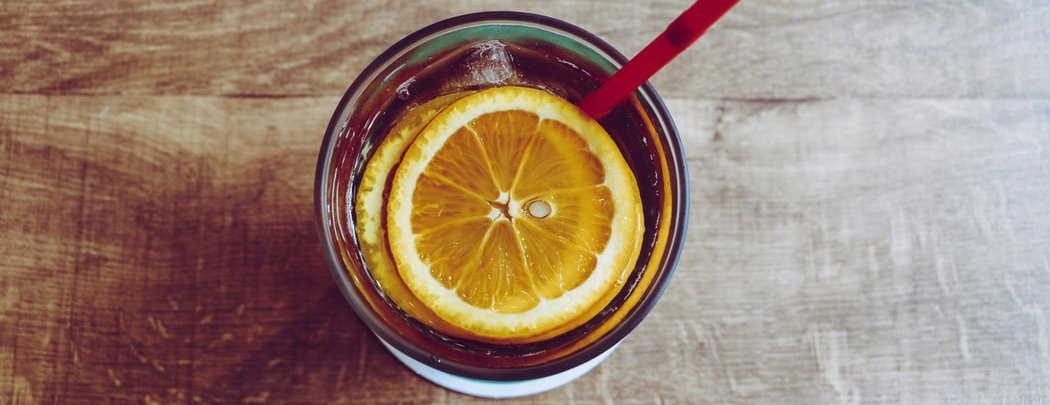Life Insurance
Lump sum payment if you were to pass away or are diagnosed with a terminal illness.
AIA Vitality NZ - 5 min read
08 July 2020
More New Zealanders than ever are calling last drinks on their alcohol intake. This is why.

For better or worse, New Zealand culture has long placed an emphasis on drinking – especially when it comes to social events. Each year, New Zealander’s sip (or skol) their way through 35 million litres of pure alcohol; that’s an average of about two standard drinks per person, per day. But as people begin to invest more in their health and wellness, this looks set to change.
According to a study by The Lancet, alcohol consumption in New Zealand is lower than it’s been in 30 years with Millennials – those in the 26-40-age bracket – leading the trend.
This decline has been met with a rise in a new movement: people throwing off the ‘teetotaller’ identity – and its party-pooper connotations – and adopting a softer label instead: sober curious.
It’s a trend that Chris Raine – CEO of Hello Sunday Morning – has noticed. “There’s a greater level of young people abstaining. The culture is shifting,” he says, although he recognises that alcohol still plays a big role in modern-day culture.
“Drinking is such a strong part of our culture – whether with friends, family, or in our professional life – that to make a choice not to can be jarring for a lot of people.”
Hello Sunday Morning is helping people make the transition with Daybreak, a digital program that provides a support community for those taking a break from the booze. “[Quitting] can be very lonely; you have to define who you are and what you care about. It’s not always a pleasurable experience, because it's really important to be accepted,” Chris says.
Daybreak provides its community with a network that helps remove some of the loneliness and the negative stigma. “People sign up and commit to their goals, and there’s peer support from those going through the same thing. Then we have coaching with drug and alcohol counsellors – and psychologists, if needed – to support people through trickier moments.”
So what’s driving this sudden surge? The popularity of general wellness tells part of the story. Globally, the health and wellness industry is worth a staggering US$4.5 trillion, with healthy eating, nutrition, and weight loss making up around $702 billion of that figure.
Chris suggests that the sheer amount of information about drinking has something to do with it too. “Our society is becoming more open to a diverse range of perspectives and opinions, which is reflected in the technology we use. You can find different groups of people with different views so easily. We’re becoming a more tolerant and less stigmatising society, with more people interested in getting help.”
And with more people than ever prioritising their wellbeing, awareness of the physical and mental consequences of excessive alcohol consumption is growing. The health benefits of abstaining are clear. Long-term alcohol use may increase your risk of developing heart disease and hypertension. It can also induce fatty liver disease and – in severe cases – cirrhosis. Reports from the World Health Organisation show that the harmful use of alcohol results in over three million deaths – more than five per cent of all deaths – worldwide each year.
Beyond the physical impact, alcohol can have a dramatic effect on cognitive function – even when consumed at moderate levels. Many people reach for a beer or glass of wine to wind down at the end of a workday ‘to take the edge off’, but the belief that alcohol is a stress reliever deserves a closer look. While one or two drinks may make you feel more relaxed (because alcohol is a sedative), long-term use can disrupt brain function and lead to increased stress and anxiety.
Demand for mature non-alcoholic beverages has also hit new heights, offering more refined options than the bar-standard soft drinks, sugary mocktails and – say it ain’t so – cups of tea (yup, at the pub). These days, those who are abstaining can choose to sip on something like alcohol-removed wine, available at bars and bottle shops all over New Zealand.
This trend for ‘nolo’ drinks – tipples that have no or low alcohol contents – is being seen worldwide: Bon Appétit has reported that the market for low- and no-alcohol drinks is projected to grow 32 per cent between 2018 and 2022. It makes sense.
As more people question the role alcohol plays in their lives, it looks as though the ranks of the sober curious are set to swell. And in Chris’s opinion, this can only be a good thing. “Anything we use extensively deserves testing extensively. Even a small change in your patterns of drinking can have a significant effect on your mental health, your mood – even just your calorie intake.”
If you’re concerned about your drinking habits, alcohol.org.nz has a comprehensive list of available support services.
Disclaimer:
The information in this article is general information only and is not intended as financial, medical, health, nutritional, tax or other advice. It does not take into account any individual’s personal situation or needs. You should consider obtaining professional advice from a financial adviser and/or tax specialist, or medical or health practitioner, in relation to your own circumstances and before acting on this information.